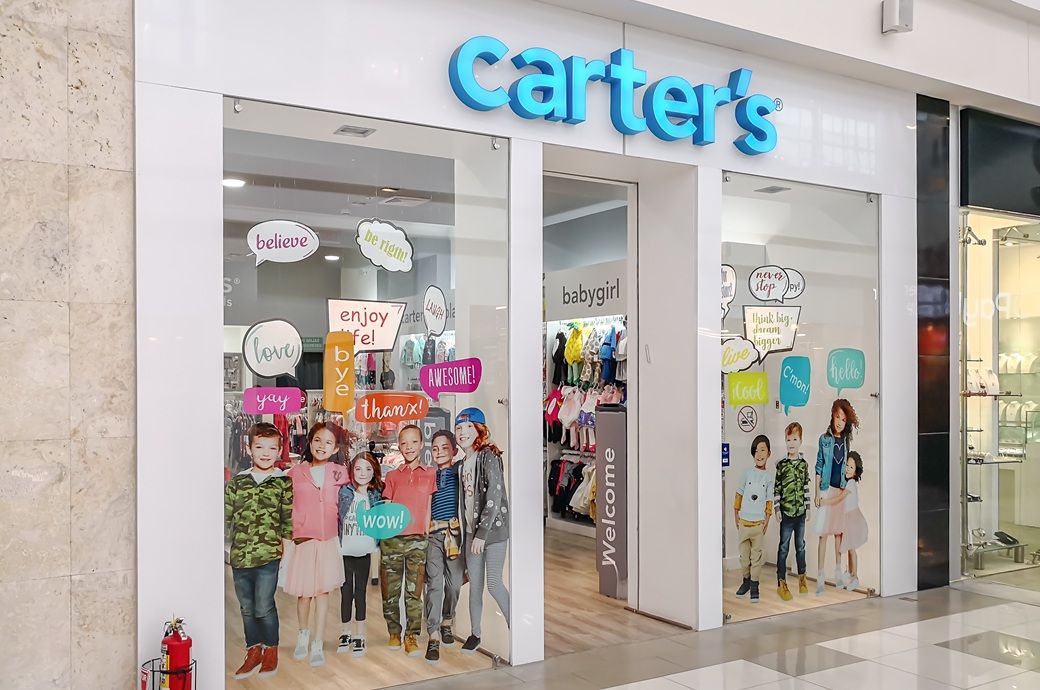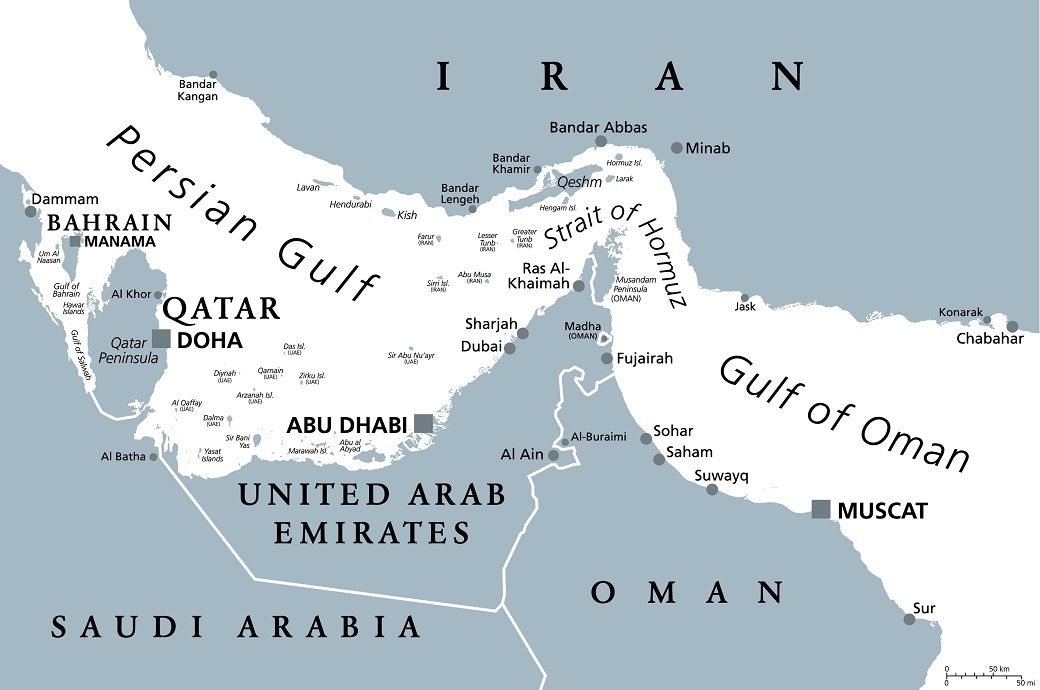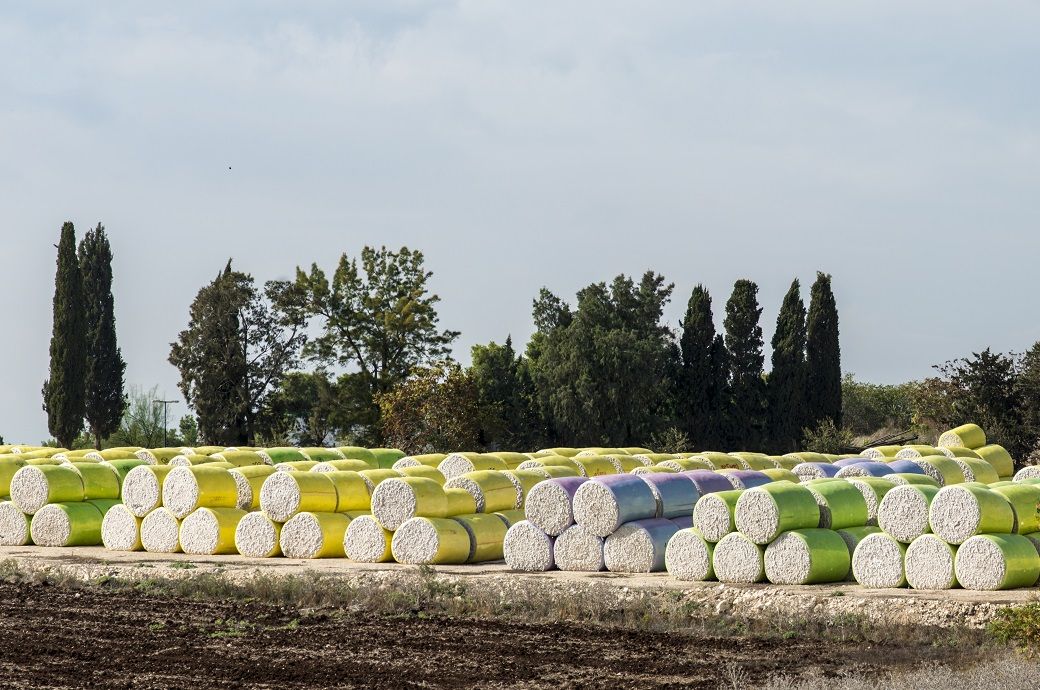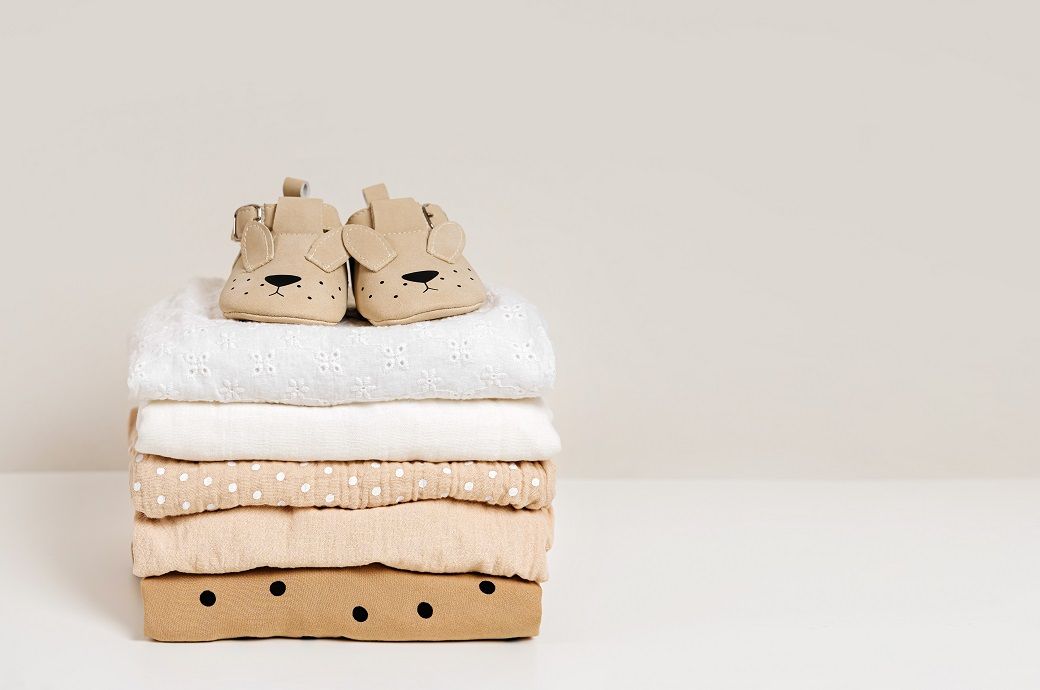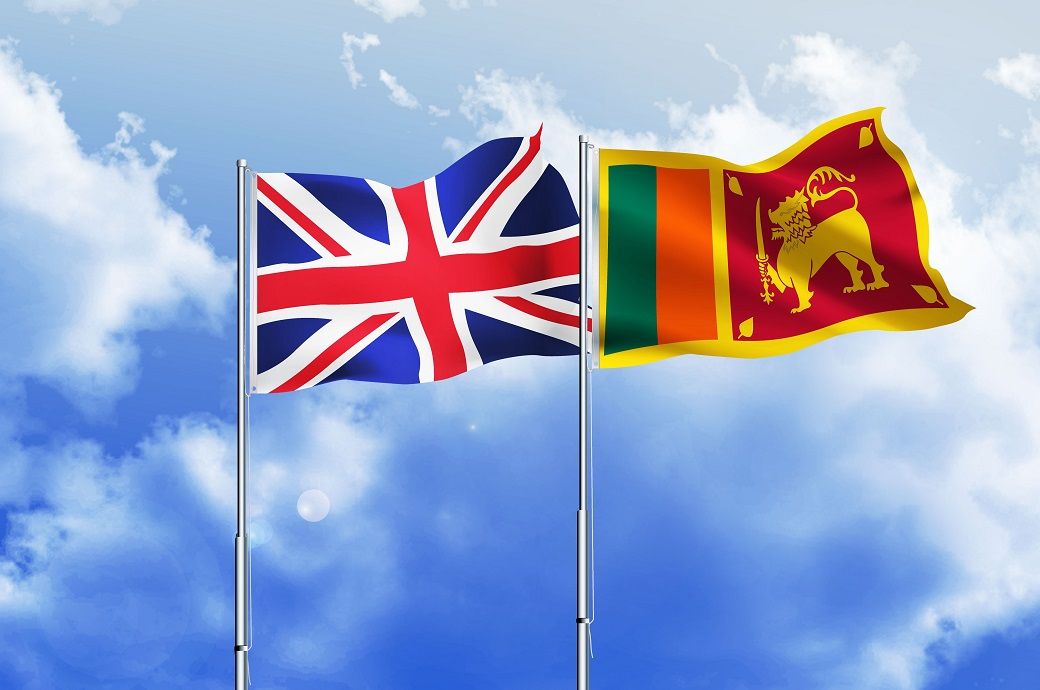
The reforms will allow Sri Lankan manufacturers to source up to 100 per cent of inputs for garments from any country worldwide while continuing to enjoy tariff-free access to the UK market. This represents a significant upgrade to existing trade arrangements, reducing restrictions on processing and aligning Sri Lanka’s apparel sector with the same rules available countries enjoying ‘Comprehensive Preferences’ under the DCTS.
Sri Lanka’s Joint Apparel Association Forum hailed the UK’s plan to liberalise rules of origin under the DCTS from 2026, allowing garment makers to source 100 per cent of inputs globally while retaining tariff-free UK access.
The move boosts competitiveness, jobs, and exports, with officials noting stronger trade ties and benefits for brands, consumers, and Sri Lanka’s economy.
The UK remains one of Sri Lanka’s most important export destinations for apparel. The simplified rules will enable manufacturers to compete more effectively in global markets, diversify sourcing strategies, and maintain consistent access to UK buyers. The changes will also support Sri Lanka’s role as a trusted, value-added supplier within global fashion supply chains, JAAF said in a release.
“This reform is a timely recognition of Sri Lanka’s role as a resilient and responsible sourcing destination. By removing restrictions on input sourcing, the UK has levelled the playing field for our manufacturers, giving them the flexibility to deliver greater value to global brands and UK consumers alike. We see this as an opportunity to expand trade, strengthen industry competitiveness, and secure more jobs and livelihoods across Sri Lanka’s apparel sector,” JAAF secretary general Yohan Lawrence, said welcoming the announcement.
JAAF acknowledged the constructive engagement between the UK High Commission, the Department of Commerce, and the Sri Lankan apparel industry in advocating for this change. The new rules are expected to boost exports, improve efficiency, and strengthen the long-standing trade partnership between the UK and Sri Lanka.
The apparel industry is Sri Lanka’s largest export earner, directly employing over 350,000 people and supporting the livelihoods of more than a million across its value chain. Liberalised trade arrangements such as this ensure the sector continues to drive the country’s economic recovery and long-term growth.
“We are pleased to confirm further details of the reforms to the DCTS. I know from my discussions with the JAAF, Sri Lankan manufacturers and UK brands that the changes are likely to have a significant positive impact on garment sector in Sri Lanka, while helping lower prices on the UK high street,” said British high commissioner to Sri Lanka Andrew Patrick, as quoted by local media.
“The upcoming changes to the DCTS will further strengthen Sri Lanka’s exports to the UK. This is a particular success story for Sri Lanka’s garment industry where the proposed changes will mean that more of Sri Lanka’s garment exports to the UK could qualify for zero tariffs. The Council for Business with Britain is very supportive of these changes and looks forward to continuing our work with businesses to promote trade between the UK and Sri Lanka,” Mark Surgenor, president of the council for business with Britain, added.
The Developing Countries Trading Scheme provides preferential trading arrangements for 65 developing countries. Sri Lanka currently enjoys Enhanced Preference status, offering tariff reductions across multiple product categories.
In addition to the garment-specific reforms, the UK announced in June the creation of a new Asia Regional Cumulation Group of 18 countries that Sri Lanka can source from for other eligible products. Inputs sourced from within this group will be treated as originating in Sri Lanka, supporting greater value addition and wider access to preferential tariffs, according to local media reports.
Fibre2Fashion News Desk (HU)



